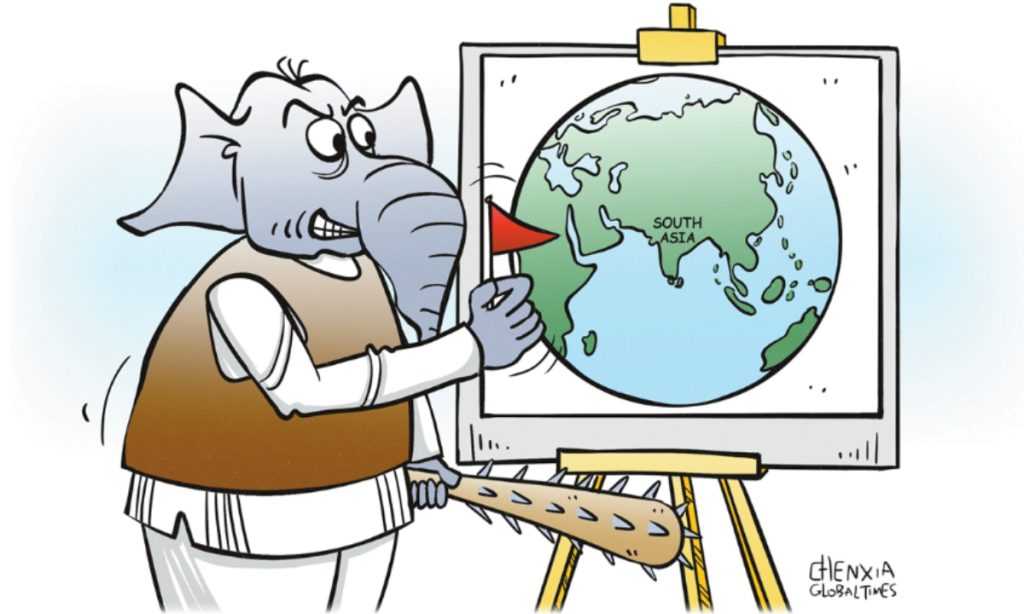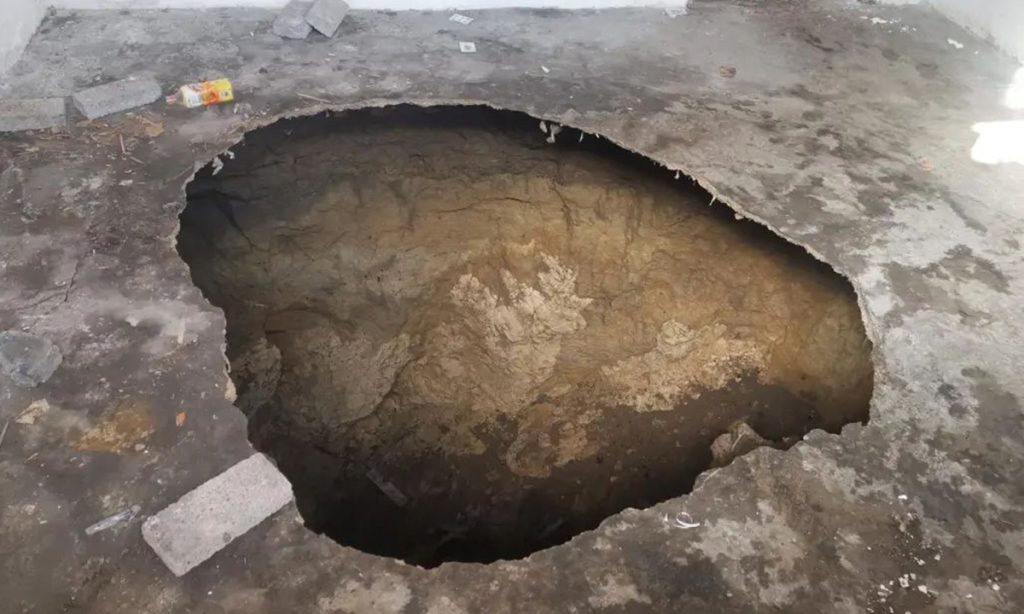Indian media’s hyping of China during Maldives FM’s visit aimed at exerting pressure in South Asia: experts

During the three-day visit of the Maldivian Foreign Minister, Abdulla Khaleel, to India, some Indian media outlets linked China-Maldives cooperation, which is unrelated to the visit, to Maldives-India relations. Experts say this is an outdated mindset of the Indian media to exert pressure on South Asian countries.
NDTV, an Indian media outlet, said that the ties between India and the Maldives came under severe strain after Maldives President Mohamed Muizzu took charge of the top office in November 2023.
India may not hold a dominant position globally, but in the South Asian region, India views itself as a leader, Long Xingchun, a professor from the School of International Relations at Sichuan International Studies University, told the Global Times on Friday.
The Tribune India publishing an article titled "Maldives minister in Delhi as FTA with China kicks in" on Friday.
Qian Feng, director of the research department at the National Strategy Institute at Tsinghua University, told the Global Times that the Indian media's tendency to conflate unrelated issues indicates their intent to pressure South Asian countries. They often engage in sensationalism in an attempt to coerce these nations into yielding to their pressure, thereby pursuing their own interests, Qian noted.
Indian media inherently view South Asia as their sphere of influence, seeking to exclude other major powers in the region, Qian said.
Long said the Indian media's concerns lack basis, noting that China refrains from pressuring South Asian countries to take sides and instead promotes regional collaboration among these neighboring nations, including India. Furthermore, China has proposed the philosophy of trilateral cooperation, demonstrating confidence, inclusivity, and a focus on practical partnerships, according to Long.
China will always support the Maldives' effort to protect its sovereignty and independence, territorial integrity and national dignity, and support the Maldives' search for a development path that suits the country's reality, Chinese Foreign Minister Wang Yi said during his meeting with Maldivian President Mohamed Muizzu on September 23, 2024.
It is the wish of China to carry forward its traditional friendship with Maldives and march alongside Maldives at the forefront of the endeavor to build a community with a shared future for mankind, Wang added.
